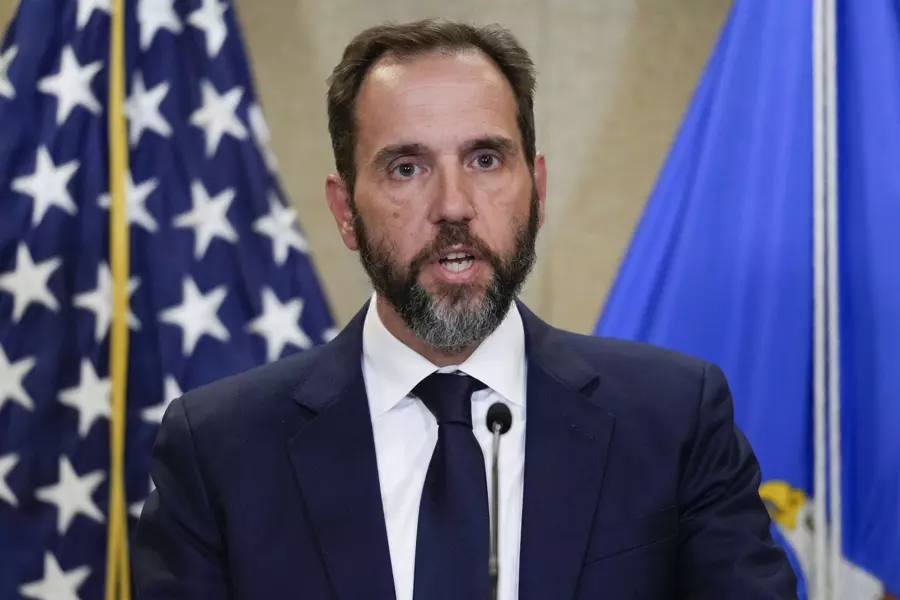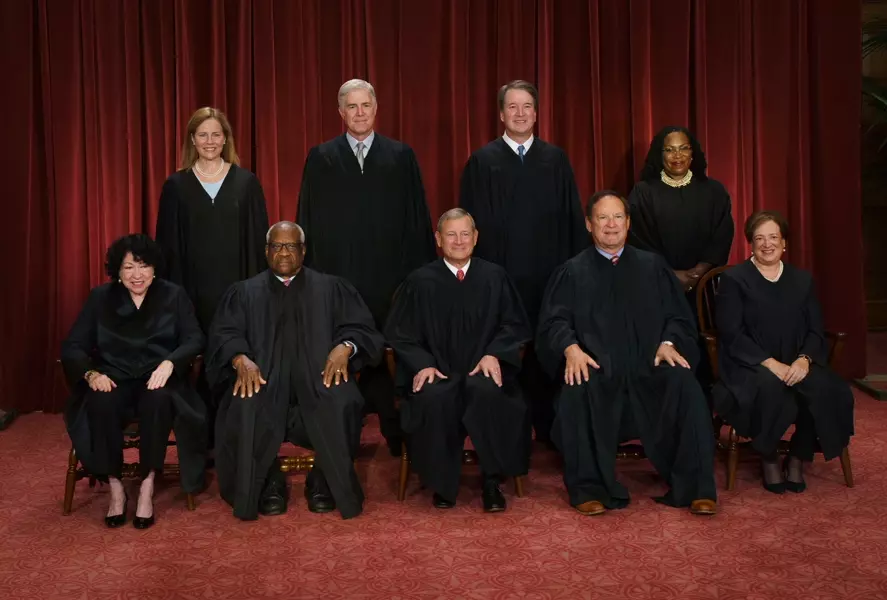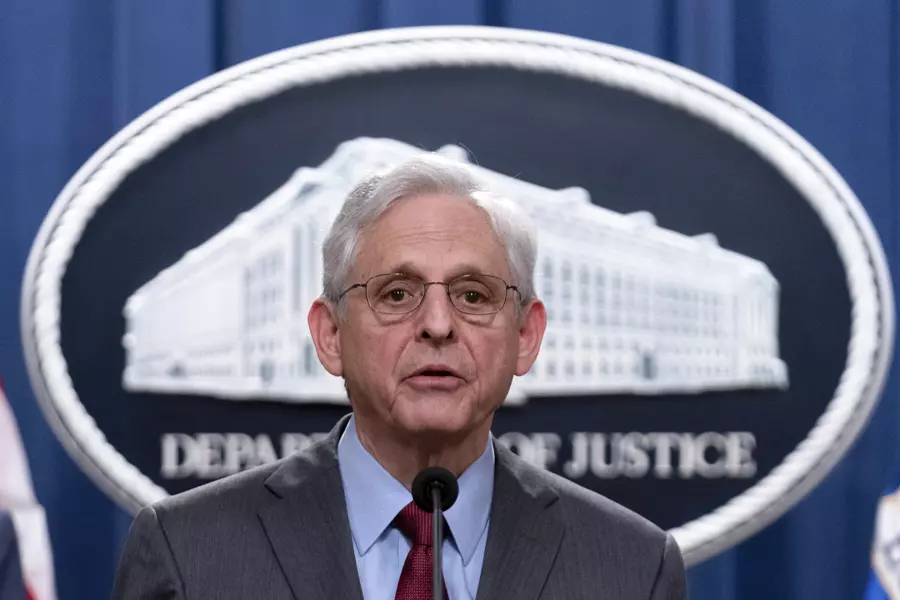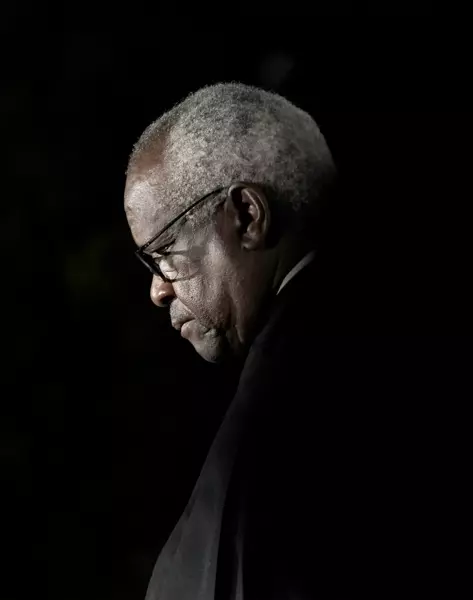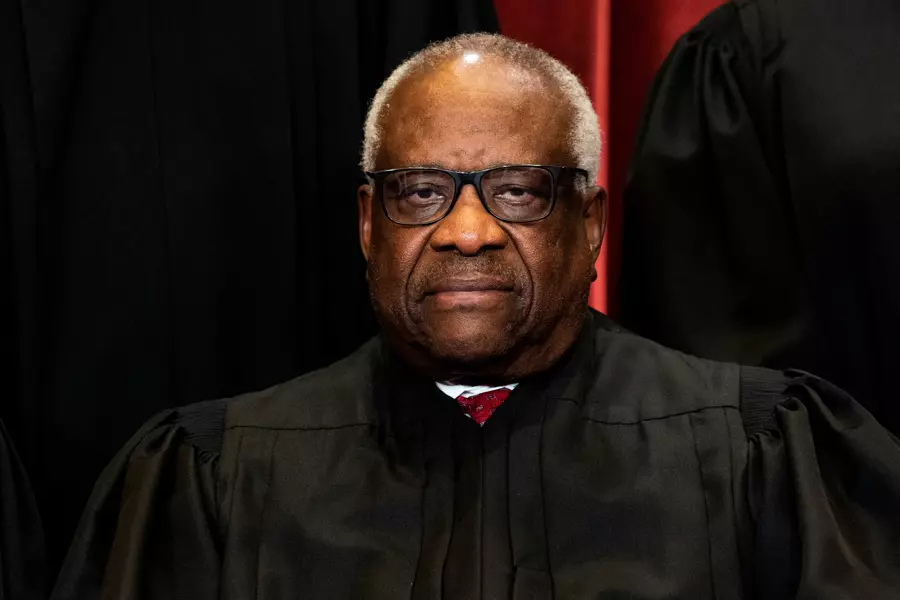In a landmark decision by the Supreme Court concerning former President Trump’s immunity case, one justice questioned whether Special Counsel Jack Smith, leading Trump’s unprecedented prosecution, was constitutionally appointed. A 6-3 majority ruled that a president has substantial immunity for official acts while in office and returned the case to lower courts to determine which acts at the center of Trump’s case were official. The opinion emphasized that “the President is not above the law” but also explained the system of separated powers designed by the framers, demanding an energetic, independent executive.
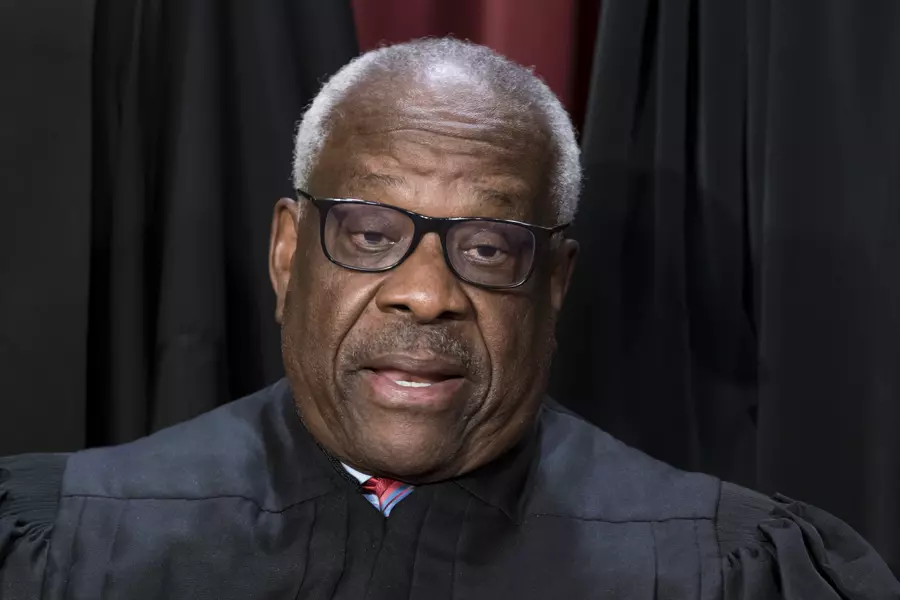
In a separate concurring opinion, Justice Clarence Thomas highlighted another potential violation in this prosecution—the appointment of Jack Smith as special counsel. He stated that serious questions have arisen about whether the attorney general violated the constitution’s structure by creating an office of the Special Counsel that has not been established by law. Thomas explained that in this case, the attorney general purported to appoint a private citizen as Special Counsel to prosecute a former President on behalf of the United States. He argued that if there is no law establishing the office occupied by the Special Counsel, then he cannot proceed with the prosecution.
Thomas noted that this unprecedented prosecution must be conducted by someone duly authorized to do so by the American people. The question of what immunity should be granted to Trump and future presidents stems from Smith’s federal election interference case, where he charged Trump with conspiracy to defraud the United States; conspiracy to obstruct an official proceeding; obstruction of and attempt to obstruct an official proceeding; and conspiracy against rights. These charges resulted from Smith’s months-long investigation into whether Trump was involved in the January 6 Capitol riot and any alleged interference with the 2020 election results. Trump pleaded not guilty to all charges and argued he should be immune from prosecution for official acts done as president.
An amicus brief filed in the case by Ed Meese, attorney general under President Ronald Reagan, argued that the court should reject Jack Smith’s request because he was unconstitutionally appointed in the first place. He stated that “Improperly appointed, he has no more authority to represent the United States in this Court than Bryce Harper, Taylor Swift, or Jeff Bezos.” Merrick Garland cited statutory authority for Smith’s appointment, none of which Meese argued “remotely authorized the appointment by the Attorney General of a private citizen to receive extraordinary criminal law enforcement power under the title of Special Counsel.” Thomas acknowledged that argument in his concurrence.
